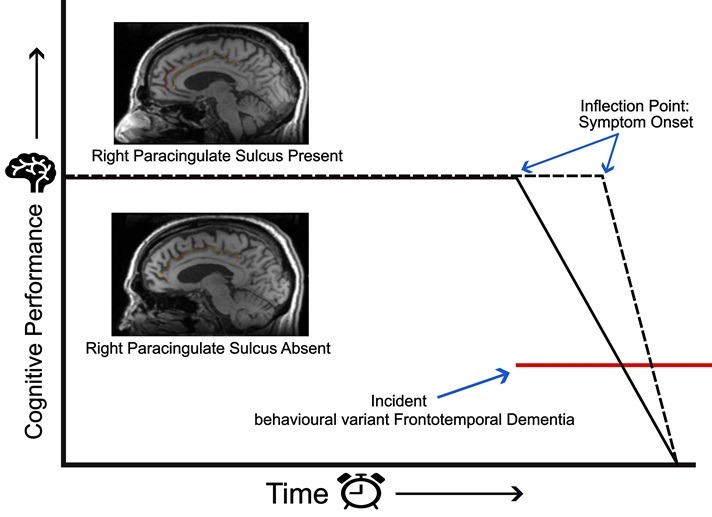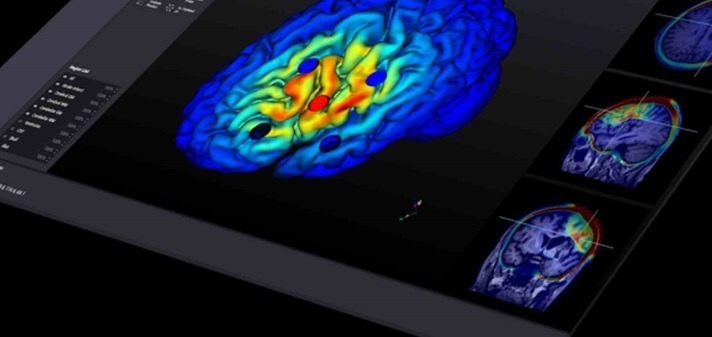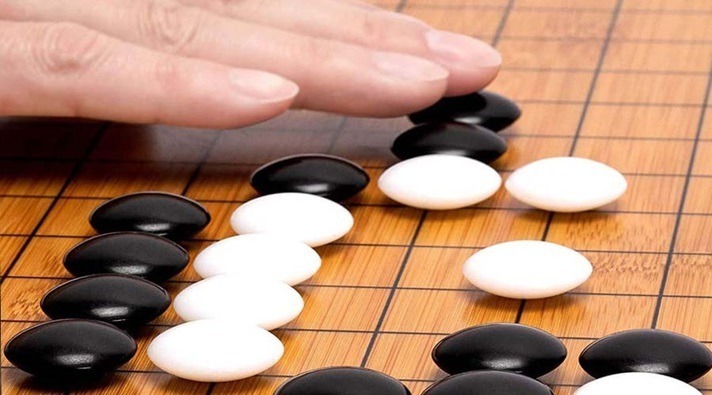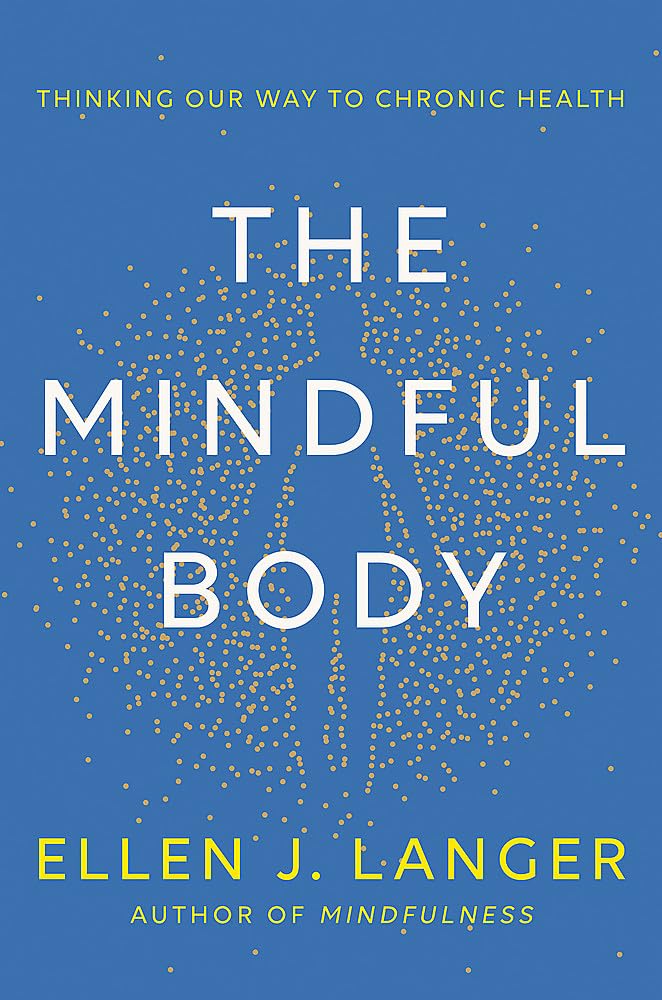Brain/ Mental Health
Study identifies protective brain structure that delays the onset of frontotemporal dementia symptoms over 2 years
Few people had probably heard of frontotemporal dementia until earlier this year, when the family of actor Bruce Willis announced the 68-year-old had been diagnosed with the condition. Frontotemporal dementia is a rare disease – thought to account for only one in every 20 cases of dementia. Symptoms usually develop in a person’s late 50s,…
Read MoreBrain imaging AI start-up Neurophet raises $15M to better direct Alzheimer’s treatments, lower ARIA side-effects
Korean AI startups Allganize, Neurophet raise over $35 mn (The Korea Economic Daily): Founded in 2016, the company plans to next year roll out its new AI analysis program that can detect side effects of Alzheimer’s disease treatments with a microhemorrhage diagnosis.
Read MoreOn neuroplasticity, cognition, aging, medication, Alzheimer’s, board games, brain teasers, and more
Welcome to a new edition of SharpBrains e‑newsletter, featuring fascinating research findings on neuroplasticity, cognition, aging, medication, Alzheimer’s, board games, and more, plus some brain teasers to get you in great shape for Halloween. #1. Study: Playing board games like Chess, Mahjong, Go, helps slow cognitive decline as we age (but with clear differences in…
Read MoreStudy: Playing board games like Chess, Mahjong, Go, helps slow cognitive decline as we age (but with clear differences in neurobiology and improved function)
Playing Board Games May Slow Cognitive Decline, Improve QoL (Medscape): Playing chess or other board games slows cognitive decline and improves quality of life in older patients, results of a new systematic review suggest. … After searching the published literature, Pozzi and his colleagues selected 15 studies for the review. The studies assessed the impact…
Read MoreQuestions grow about the validity and usefulness of direct-to-consumer blood tests for Alzheimer’s Disease
For the first time, people worried about their risk of Alzheimer’s disease can go online, order a blood test, and receive results in the privacy of their homes. This might seem appealing on the surface, but the development has Alzheimer’s researchers and clinicians up in arms. The Quest Diagnostics blood test, AD-Detect, measures elevated levels of amyloid-beta…
Read MoreThe Mindful Body argues against mindlessly accepting age-related decline in cognition and health as inevitable
In 1979, Harvard researcher Ellen Langer invited elderly men to spend a week at a retreat designed to remind them of their younger days, surrounded by the art, music, food, games, décor, and more from the late 1950s. Afterward, the men were tested and found to have made significant gains in hearing, memory, dexterity, posture,…
Read More





